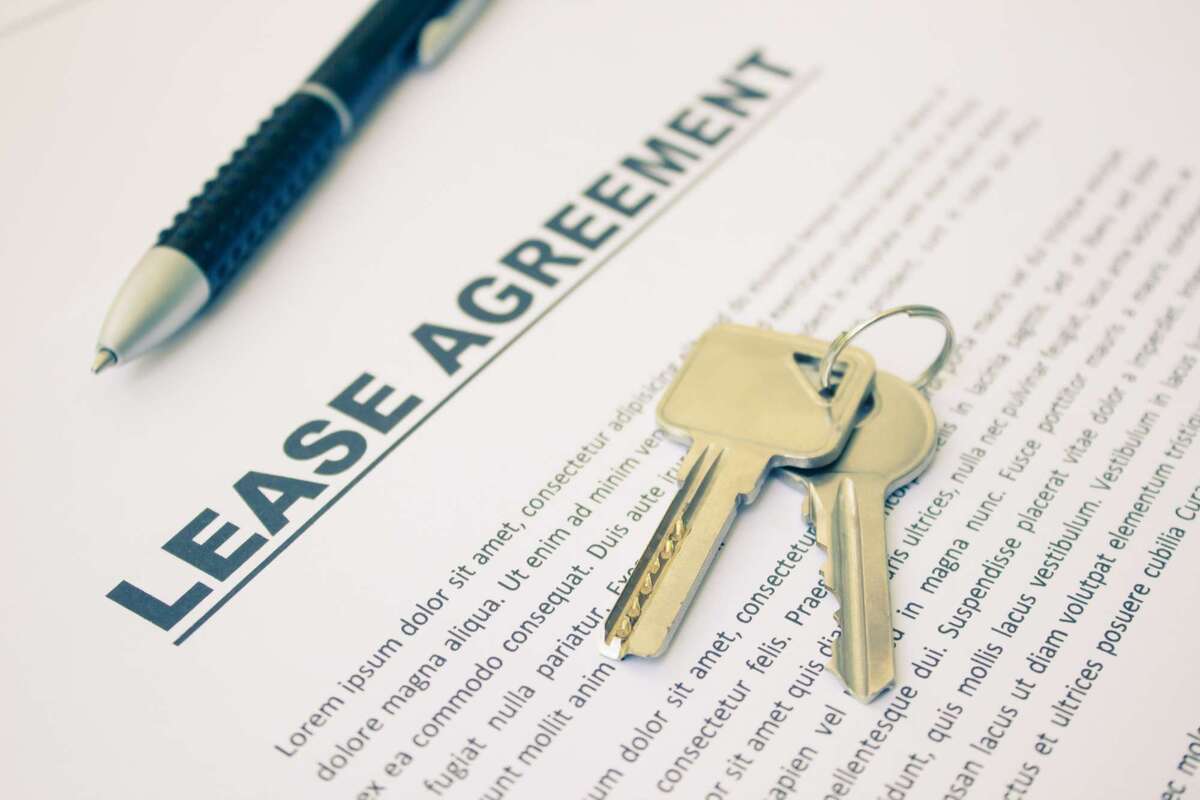Are you familiar with laws that apply to lease agreements and emotional support animals—and how that differs from what your lease can say about pets in rentals? The Federal Fair Housing Act prevents rental property owners from discriminating against a person who needed a trained and certified guide dog to live with them. Even if the rental was typically pet-free or came with pet fees, the renter's need for reasonable accommodation regulations protects people living with various physical, mental, or emotional disabilities.
Today our Sarasota property management experts look at the background of these laws and how property owners can legally implement policies regarding these animals in their lease agreements.
 Understanding Distinctions in Assistance Animals
Understanding Distinctions in Assistance Animals
Many real estate investors experience some confusion on the legal protection of a different category of furry tenants, those known as emotional support animals. These animals have been verified, usually by a doctor or other healthcare provider, as providing emotional support to a resident. Still, the animals themselves aren't trained or certified to handle specific tasks for their owners, like a service animal. So, an emotional support animal (or ESA) cannot be categorized as "medical equipment" in the eyes of the law.
Despite lacking the certification as a "service animal," rental property owners can make a mistake in treating ESAs as pets, requiring pet fees, or even prohibiting the renter from having the animal. Thankfully, Florida has passed laws that clarify the legal role that supports animals play in rental law. This makes things easier for rental property investors who need to know the best way to respond to a rental applicant who requests an emotional support animal accommodation in their property.
The best Sarasota property management has been learning about these laws since they passed in 2020 and can offer guidance to help you treat your renters with dignity and respect while making practical adjustments to your residential lease agreement. Complying with the law while protecting your investment properties must go hand-in-hand!
What are Emotional Support Animals?
Emotional support animals are a type of accommodation that can aid a person's mental or physical wellness who is applying to rent a property from you. The big difference between emotional support animals and service animals is that the latter tend to go through rigorous training to provide fairly specific services, such as identifying and assisting a patient who experiences unexpected seizures or guiding a person with visual impairment through busy buildings and streets.
On the other hand, emotional support animals provide comfort and connection for their owners—but are not usually trained in any specific tasks. The therapeutic value of the animal is inherent in the connection between the owner and the animal. ESA verification identifies how the animal helps the person and with what condition and allows the person to enter into a dialogue to reach reasonable accommodations so the animal can accompany them for events, travel, or housing.
What Are Property Owners Required To Do?
Because of recent shifts in Fair Housing laws, Florida housing law now recognizes service animals and emotional support animals with a similar process, allowing owners of rental properties to consider and grant accommodations for a renter's request.
If you've previously had a pet fee for a rental, that pet fee can't apply when accommodating a tenant with an emotional support animal. However, landlord-tenant laws also acknowledge that there can be adjustments to the accommodation if the emotional support animal is disruptive or destructive, causing you undue hardship. Most support animals are well-behaved and can live with their owners without causing additional stress to residents or a property owner.

Work With a Property Management Company to Customize Lease Agreements
Making your pet policies and reasonable accommodation information clear in the lease helps real estate investors avoid giving preferential treatment to some renters and not others. It also helps you clarify when a pet is indeed a pet, and a renter doesn't have emotional support animal status for that animal.
Creating a pet policy with your Sarasota property manager that is clearly stated in the lease keeps both you and your renters accountable. The right property managers can help you create a residential lease agreement that is fair to all and follows Florida law, then enforce things like pet rent and pet fees firmly on a renter-by-renter basis. If it's time to review your rental agreements or respond to a tenant's request for an emotional support animal, Gulf Coast Property Management is here to help! We're well-versed in landlord-tenant laws and understand how to create custom leases that protect your real estate investments while providing necessary accommodations for renters. Reach out soon to learn more about our property management services!Pet policies are a big part of strong lease agreements, but they aren't all the features you need. Learn more by downloading our free "How to Create a Custom Lease Agreement Checklist!"

.png)